David Lo is a Professor of Information Systems at Singapore Management University, leading the Software Analytics Research (SOAR) group. His research interest is in the intersection of software engineering and data science, encompassing socio-technical aspects and analysis of different kinds of software artefacts, with the goal of improving software quality and developer productivity. His work has been published in major and premier conferences and journals in the area of software engineering, AI, and cybersecurity attracting substantial interest from the community. He has won more than 10 international research and service awards including 6 ACM SIGSOFT Distinguished Paper awards. He has received a number of international honors including IEEE Fellow (class of 2022), Fellow of Automated Software Engineering (class of 2021), and ACM Distinguished Member (class of 2019). His work has been supported by NRF, MOE, NCR, AI Singapore, and several international research projects. He has served in more than 30 organizing committees and numerous program committees of research conferences including serving as general or program co-chairs of ESEC/FSE 2024, MSR 2022, ASE 2020, SANER 2019, ICSME 2018, ICPC 2017, and ASE 2016. He is also serving in the editorial board of IEEE Transactions on Software Engineering, Empirical Software Engineering, IEEE Transactions on Reliability, Journal of Software: Evolution and Process, Information and Software Technology, Information Systems, and Neurocomputing (Software Section). He is serving in the Executive Committee of ACM SIGSOFT (2021-now) and as a Vice Chair of the Steering Committee of Automated Software Engineering Conference (2021-now). He received the 2021 IEEE TCSE Distinguished Service Award “in recognition of his extensive and outstanding service to the software engineering community in his many roles in major software engineering conferences and journals”. His former PhD students have secured faculty positions (University of Melbourne, Australia; Queen’s University, Canada; Mississippi State University, USA; ITTelkom Surabaya, Indonesia) and employment at high-tech industries (Microsoft, Canada; Schroder Investment Management, Luxembourg; Hudson River Trading, Singapore; Veracode, Singapore) around the globe.
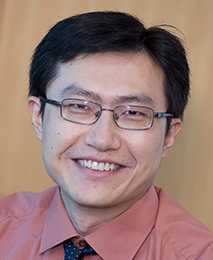
Associate Professor
lxjiang@smu.edu.sg
B.Sc.,M.Sc., (Peking University), PhD (University of California)
Lingxiao Jiang is an Associate Professor of Information Systems at Singapore Management University. He worked as a test strategist at Nvidia for half a year before he joined the faculty of SCIS at SMU. He is broadly interested in the area of Software Engineering, Programming Languages, Systems, Security, and Data Mining. He has been spending substantial efforts on software mining, program analysis, code search & reuse, program comprehension & generation, aiming to provide practical techniques and tools for enhancing software reliability, increasing development productivity, reducing maintenance cost, and improving user experience. He received the 2018 ACM SIGSOFT Impact Paper Award. The annual award is presented to authors of papers published at least ten years ago that have been deemed highly influential by the international software engineering community. A general theme of his work is mining and analysis for software engineering, such as detection of code clones, code query processing, detection of bugs, search for bug fixes, deep learning of code, and search for better testing & debugging techniques. The search is being carried out on various contextual data sources in addition to program code itself, such as code change histories, program bug databases, test suites, developer activities, user feedbacks, and socio-technical information pertaining to the complex interactions between people and technologies in both software development processes and real-world usage scenarios. To enable the extraction of information from various data sources and to enable efficient search and analysis, various technologies are being employed, such as static & dynamic program analysis, software engineering methodologies, data mining, machine learning, information retrieval, natural language processing, and distributed computing techniques.
We are looking for new PhD students, Postdocs, and Master students to join our team (see openings)!
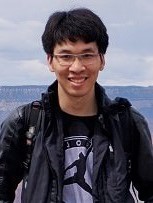
Research Scientist, started Sep 2018
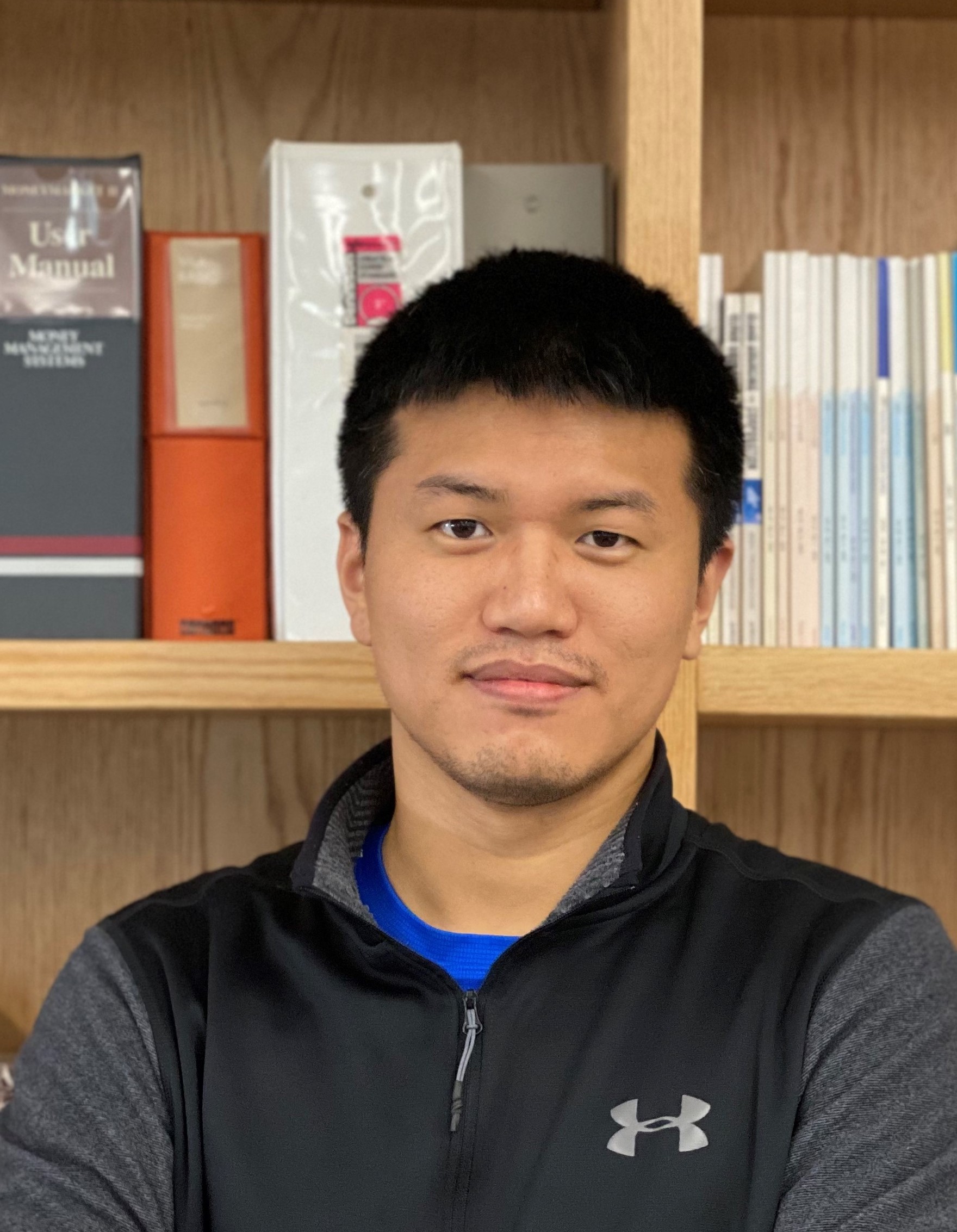
Research Scientist, started Sep 2022

PhD Student & Research Engineer, started Sep 2020
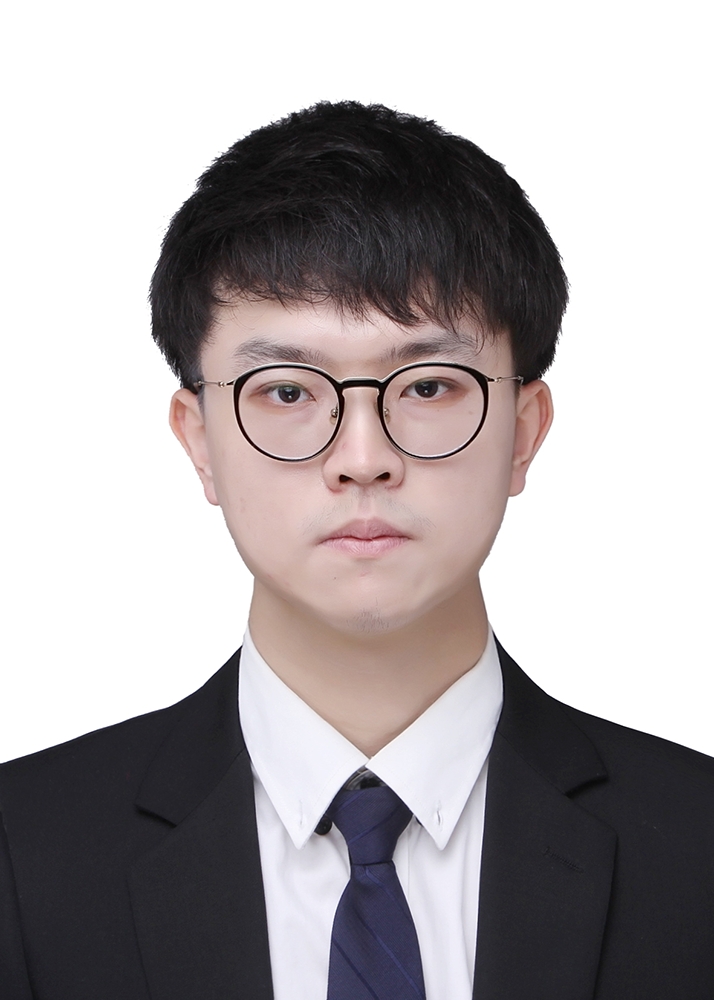
PhD Student & Research Engineer, started Aug 2021
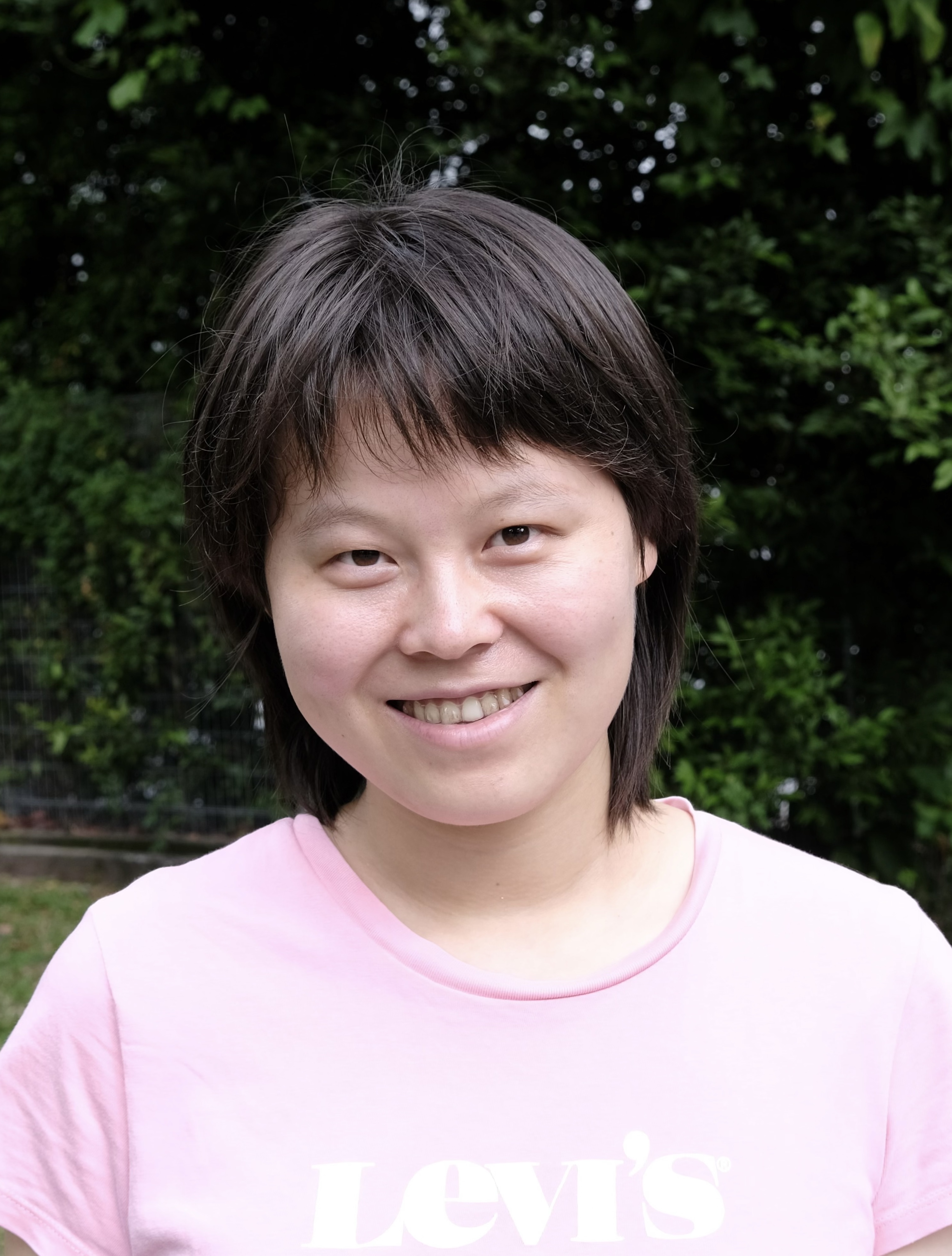
PhD Student, started Jan 2020
tingzhang.2019@phdcs.smu.edu.sg
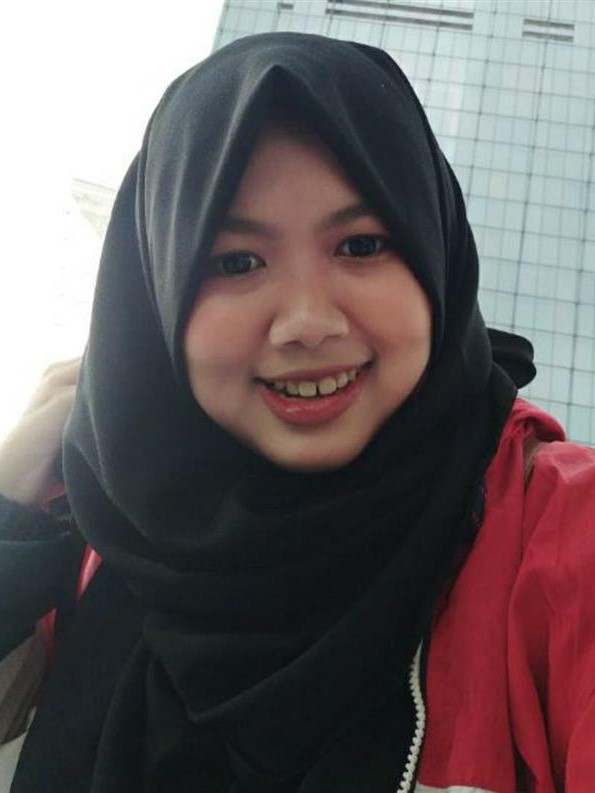
PhD Student, started Aug 2020
ratnadiraw.2020@phdcs.smu.edu.sg
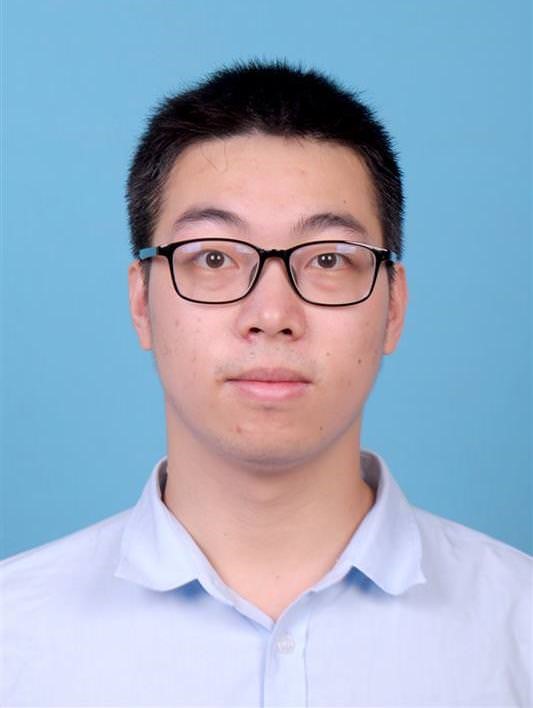
PhD Student, started Sept 2020
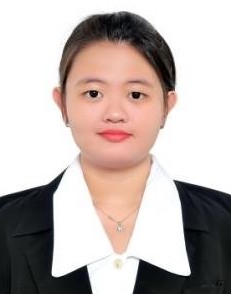
Research Engineer, started Nov 2021

Research Engineer, started Aug 2022

PhD Student & Research Engineer, started Jan 2023
Hong Jin Kang (Thesis: Fortifying the Seams of Software Systems)
Employment: Postdoctoral Fellow, UCLA, USA
Bowen Xu (Thesis: Learning to Interpret Knowledge from Software Question and Answer Sites)
Employment: Assistant Professor, North Carolina State University, USA
Gede Artha Azriadi Prana (Thesis: Can We Make it Better? Assessing and Improving Quality of GitHub Repositories)
Employment: Lead Data Scientist (Analytics), Grab, Singapore
Thong Hoang (Thesis: Statistical and Deep Learning Models for Software Engineering Corpora)
Employment: Research Scientist, CSIRO, Australia
Abhishek Sharma (Thesis: Social Software Development: Insights and Solutions)
Employment: Machine Learning Engineer, Veracode, Singapore
Agus Sulistya (Thesis: Making Sense of Crowd-Generated Contents in Domain-Specific Settings)
Employment: Vice Rector, Telkom Institute of Technology Surabaya, Indonesia
Xuan-Bach B. Le (Thesis: Overfitting in Automated Program Repair: Challenges and Resolutions)
Employment: Lecturer (equiv. to Assistant Professor), University of Melbourne, Australia
Siqi Ma (Thesis: Automatic Vulnerability Detection and Repair; Co-Advisor)
Employment: Lecturer, University of Queensland, Australia
Yuan Tian (Thesis: Mining Bug Repositories for Automatic Software Bug Management: From Bug Triaging to Patch Backporting)
Employment: Assistant Professor, Queen’s University, Canada
Shaowei Wang (Thesis: Multimodal Code Search)
Employment: Assistant Professor, Mississippi State University, USA
Pavneet S. Kochhar (Thesis: Testing and Debugging: A Reality Check)
Employment: Data Scientist, Microsoft, Canada
Tien-Duy B. Le (Thesis: Hybrid-Based Approaches for Software Fault Localization and Specification Mining)
Employment: Software Engineer, Hudson River Trading, Singapore
Ferdian Thung (Thesis: Recommending APIs for Software Evolution)
Employment: Research Scientist, SMU, Singapore
Lucia (Thesis: Ranking-Based Approaches for Localizing Faults)
Employment: Software Engineer, Schroder Investment Management, Luxembourg
Kisub KIM (Dec 2021 - Apr 2023)
Employment: Research Scientist, SMU, Singapore
DongGyun HAN (May 2021 - May 2022)
Employment: Lecturer, Royal Holloway, University of London, UK
Nghi D. Q. Bui (Sep 2020 - Dec 2020)
Employment: Huawei Research Center, Ireland
Lingfeng Bao (Jun 2017 - Sep 2018)
Employment: Lecturer, Zhejiang University, China
Zhiyuan Wan (July - Dec 2018)
Employment: Associate Professor, Zhejiang University, China
Tien-Duy B. Le
Employment: Hudson River Trading, Singapore
Xiaoyin Wang, from Peking University, China (2008 - 2009)
Employment: Associate Professor, University of Texas at San Antonio, USA
Xin Xia, from Zhejiang University, China (2012 - 2014)
Employment: Director, Software Engineering Application Technology Lab, Huawei. Previously, Lecturer (equiv. to Assistant Professor) and ARC DECRA Fellow, Monash University, Australia
Zhang Yun, from Zhejiang University, China
Employment: Associate Professor, Zhejiang University City College, China
Weiqin Zou, from Nanjing University, China
Employment: Associate Professor, Nanjing University of Aeronautics and Astronautics (NUAA)
Tegawende Bissyande, from University of Bordeaux, France (2012)
Le An, from University of Montreal, Canada (2017)
Xuan Huo, from Nanjing University, China (2018)
Marcos Cesar de Oliveira, from University of Brasilia, Brazil (2018)
Yucen Shi, from Northeastern University, China (2021)
Chen Gong, from Chinese Academy of Sciences, China (2021)
Martin Francois C. WEYSSOW, from University of Montréal, Canada (2022)
NIU Changan, from Nanjing University, China (2022)
Bouraffa ABIR, from University of Hamburg, Germany (2023)
LIU Yue, from Monash University, Australia (2023)
PAN Shidong,, from Australian National University and Data61, Australia (2023)
NGUYEN Huu Hung (Tan), from Hanoi University of Science and Technology, Vietnam (2023)
BUI Ngoc Tan, from Hanoi University of Science and Technology, Vietnam (2023)
Truong Giang Nguyen
Le-Cong Thanh (Jan 2022 - Dec 2022)
Current: PhD student, University of Melbourne, Australia
Kien Luong
Muhammad Hilmi ASYROFI (Nov 2019 - May 2022)
Divya Prabha CHANDRASEKARAN (Nov 2019 - May 2022)
Current: Machine Learning Engineer, PropertyGuru, Singapore
Stefanus Agus Haryono (Oct 2019 - Apr 2022)
Current: Machine Learning Engineer, ASUS Intelligent Cloud Services
AW Khai Loong
Hafil Noer ZACHIARY
QI Haodi
Jodie Ethelda TAN Si Yin
TAY Qijin
Camellia LOK Shu Fen
YIEH Yuheng
If you need to update your information, please feel free to contact Jieke SHI.